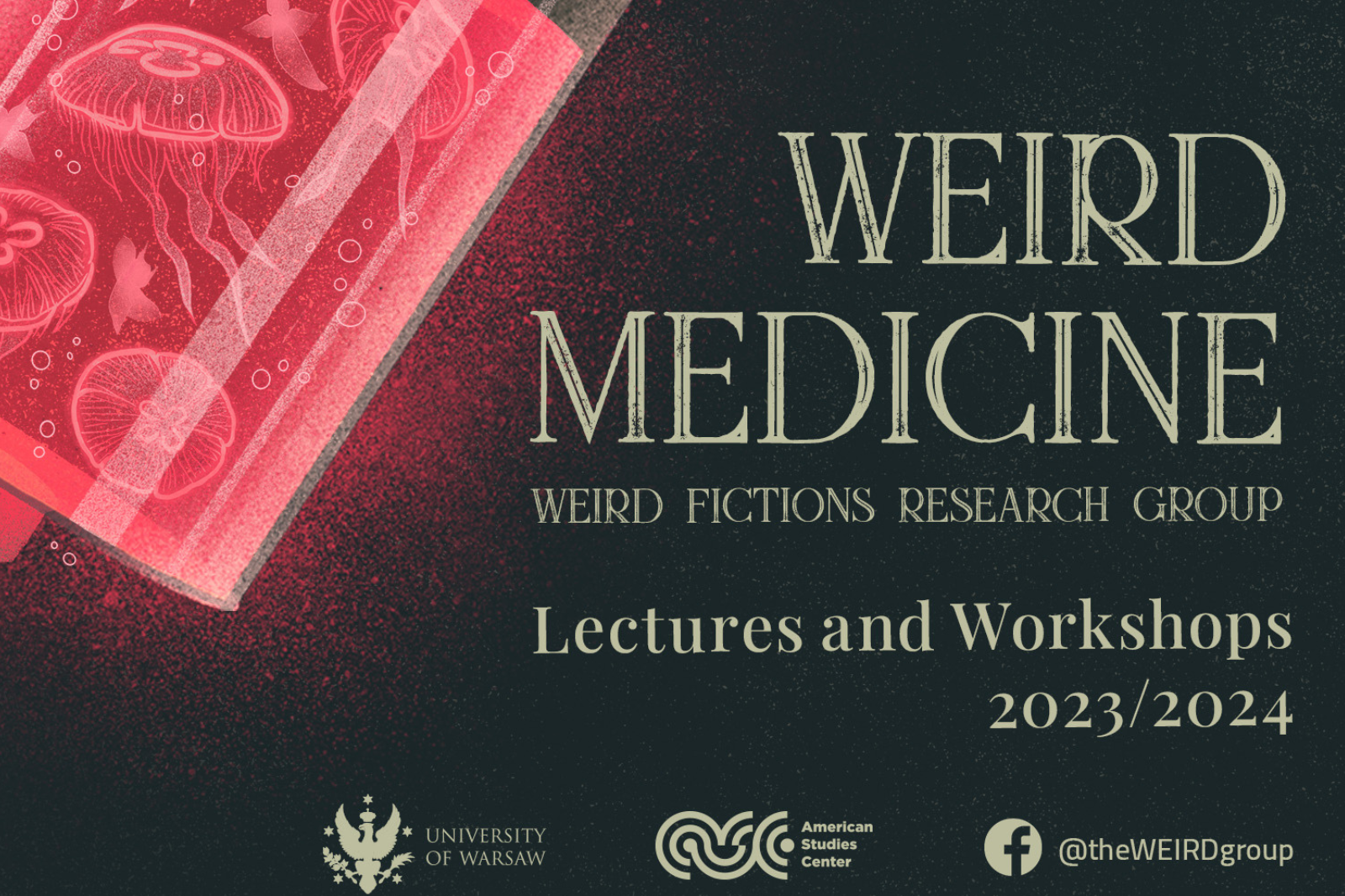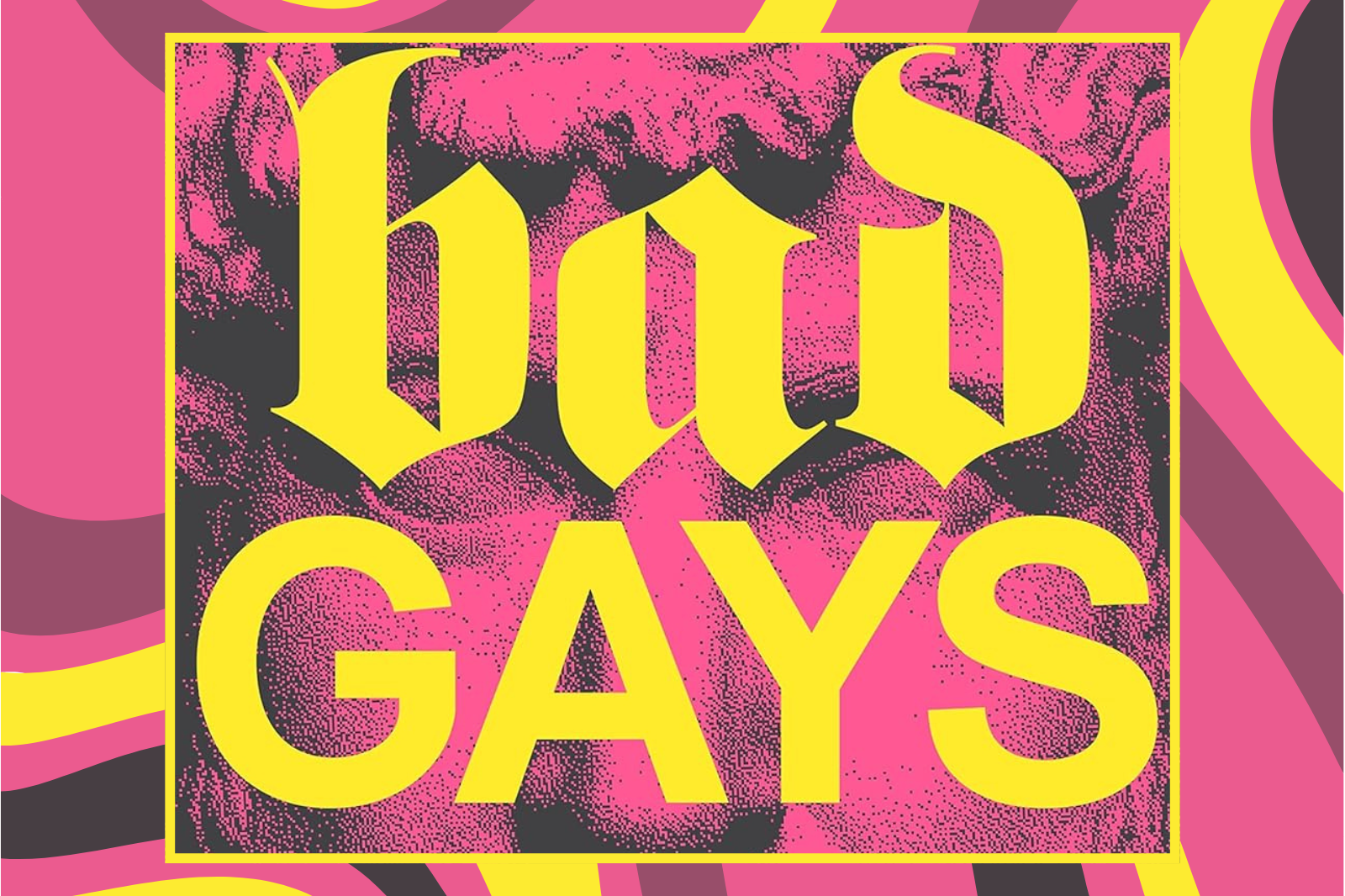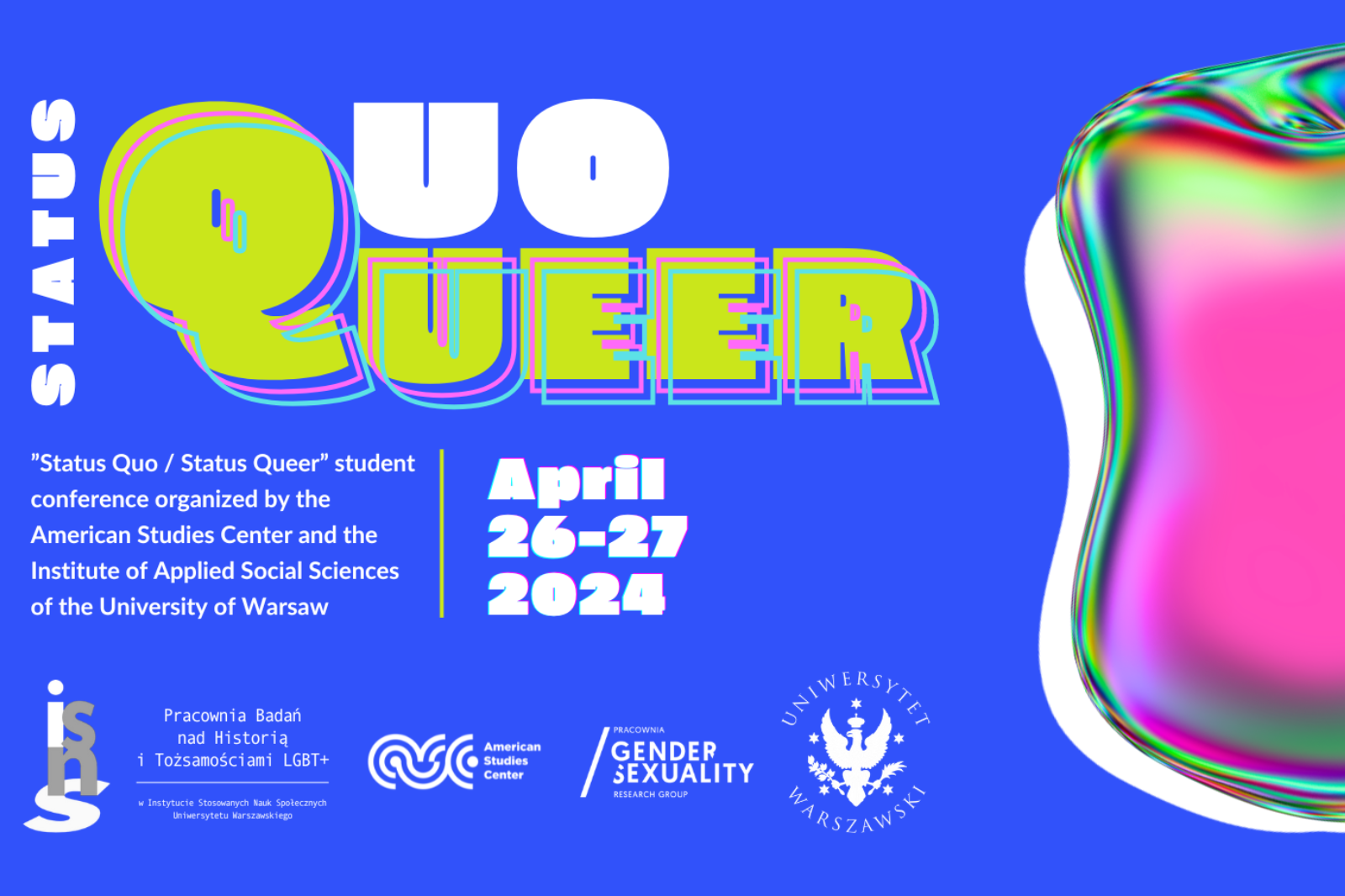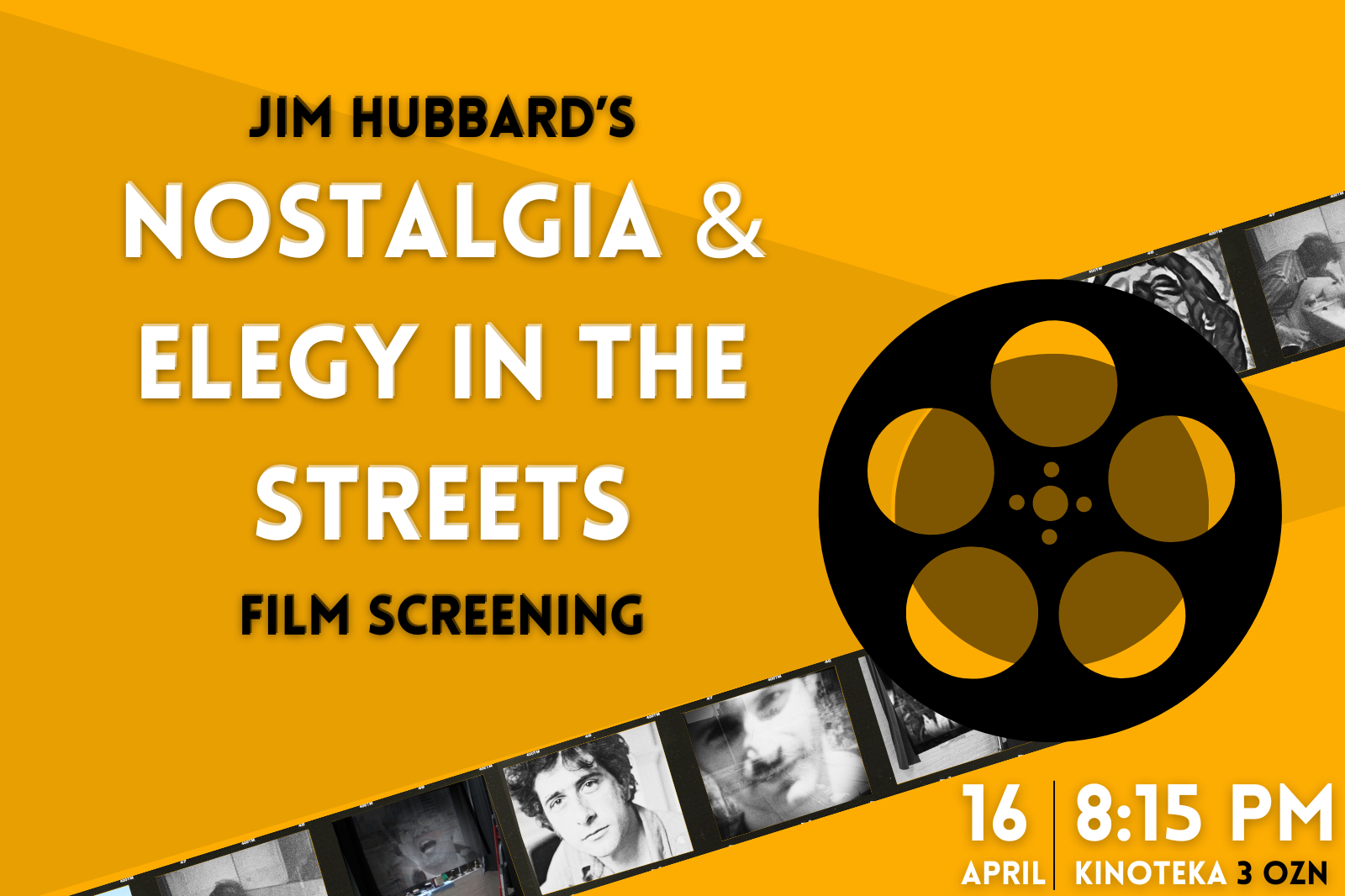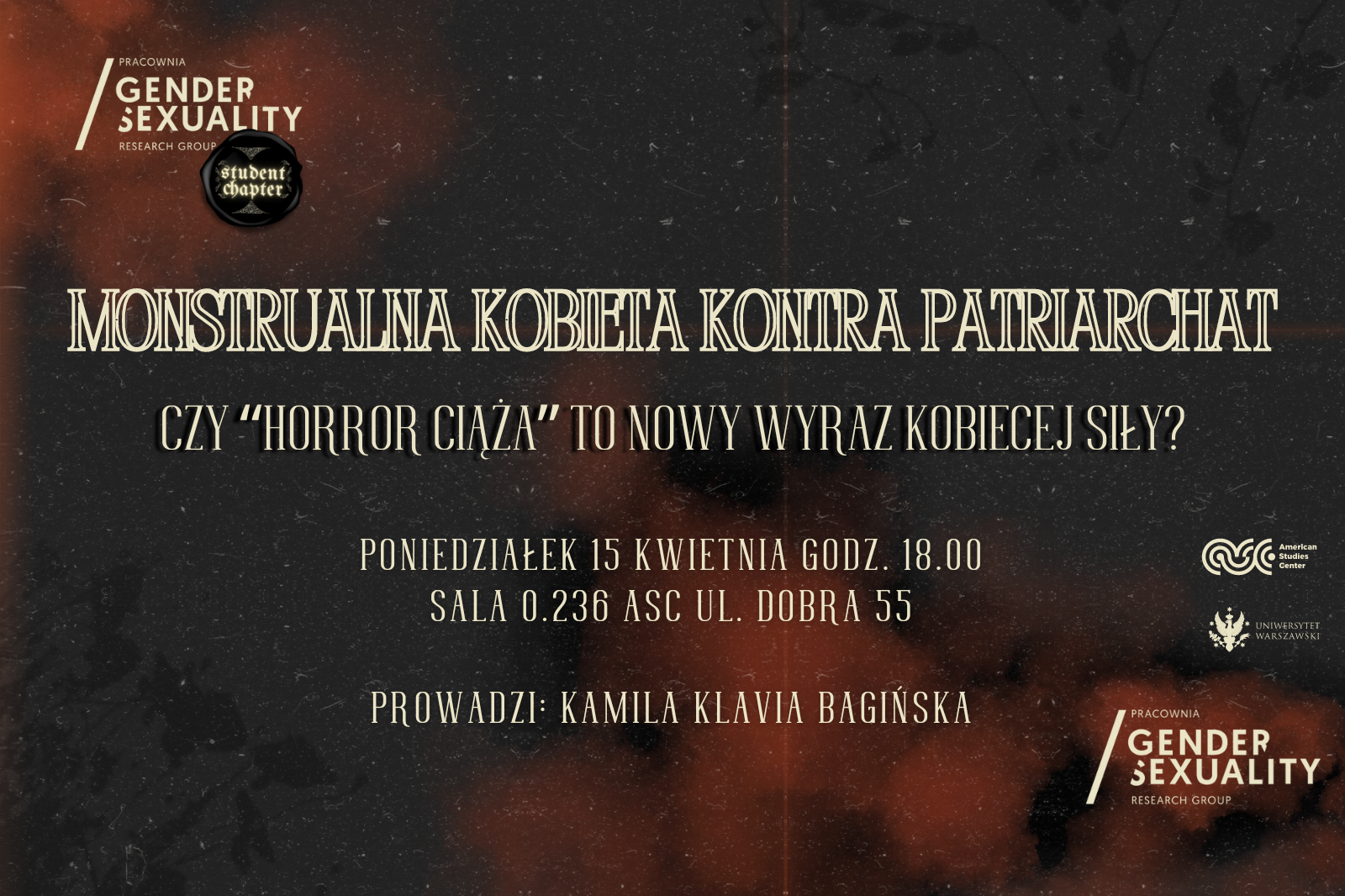We are pleased to present visiting professors we will be hosting at the American Studies Center in the Spring 2023. In the upcoming semester, they will teach courses for our BA and MA students. The registration for courses starts on Monday, Dec 19 via USOS.
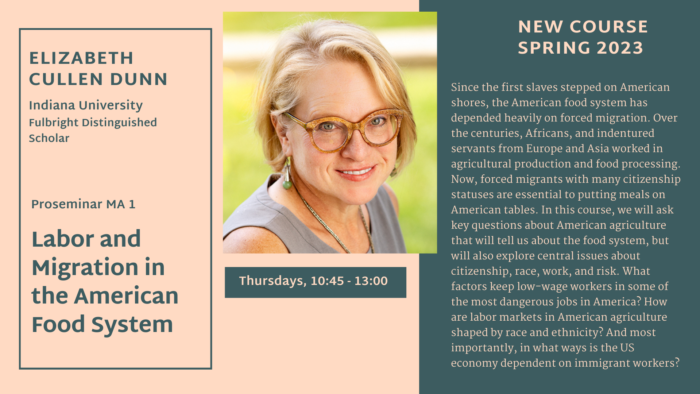
Prof. Elizabeth Cullen Dunn, a Professor of Geography and Director of the Center for Refugee Studies at Indiana University, is a Fulbright Visiting Scholar at our Center. Her work focuses on forced migration and food studies, especially global food safety regulations. Working in Colorado’s beef industry, Poland’s pork industry and fruit and vegetable processing in the Republic of Georgia, Dunn investigated how regulations put forth by USDA, the UN’s Food and Agriculture Organization and the European Union turned places from kill floors and lairages to the back end of a cow into new sites of scientific investigation and bureaucratic regulation. Her new work returns to her roots in labor studies, and looks at the ways American meatpacking has become dependent on refugee labor. At our Center, she will be teaching an MA 1 Proseminar “Labor and Migration in the American Food System.”
About the course
Since the first slaves stepped on American shores in 1619, the American food system has depended heavily on forced migration. Over the centuries, Africans who were captured and transported worked fields in the American south, and indentured servants from Europe and Asia worked in agricultural production and food processing. Now, forced migrants with many citizenship statuses are essential to putting meals on American tables. Rohingya refugees staff meatpacking plants, and Somali refugees pack organic health food in Colorado. Indigenous people from Mexico, forced by gang violence to leave their homes, pick fruit and vegetables in California. Restaurant meals are cooked by Central Americans who fled violence in their home countries. As the shutdown of meatpacking plants during the COVID-19 epidemic showed, without the work of forced migrants in American agriculture, the shelves in American grocery stores would soon go bare.
In this course, we will ask key questions about American agriculture that will tell us about the food system, but will also explore central issues about citizenship, race, work, and risk. What factors keep low-wage workers in some of the most dangerous jobs in America? How are labor markets in American agriculture shaped by race and ethnicity? What difference does citizenship status, or the individual's relationship to the state, make in the ways workers relate to their employers? How do changes in immigration policy change with the industry’s labor needs? Most importantly, in what ways is the US economy dependent on immigrant workers? This course will focus on qualitative research methods. Students will explore these questions as they relate to the US, and then will conduct comparative field research in Poland in order to apply key ideas in a new context. As part of this, students will learn to define research questions, identify field sites, conduct semi-structured interviews, and engage in ethnographic participant observation.
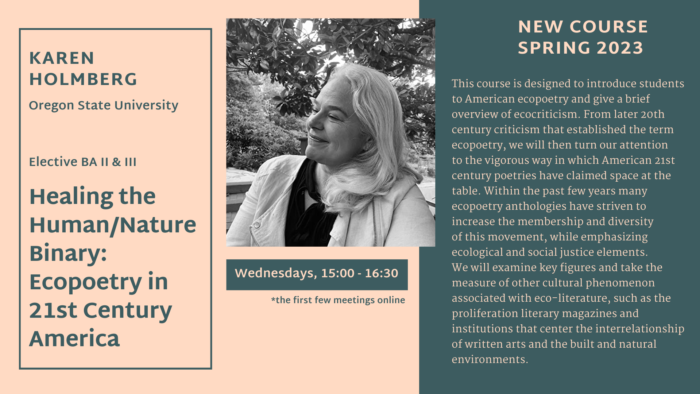
Prof. Karen Holmberg is an Associate Professor at Oregon State University. We are hosting her within the Visiting Professor Exchange Program with Oregon State University. Her teaching and research interests include creative nonfiction and the lyric essay, translation, the intersections of poetry and science, and letterpress printing and the poetics of visual space. Her second book, Axis Mundi, was the winner of the John Ciardi Prize and was published by BkMk Press in 2013 and named one of the ten best poetry titles of 2013. Individual poems she wrote have appeared in such magazines as The Paris Review, Quarterly West, Slate, The Nation, Cimarron Review, Southern Poetry Review, Cave Wall, Nimrod, Subtropics, and have won her a Discovery/The Nation Award. At our Center, she will be teaching a BA II & III elective “Healing the Human/Nature Binary: Ecopoetry in 21st Century America.”
About the course
This course is designed to introduce students to American ecopoetry and give a brief overview of ecocriticism. We will begin by looking at later 20th century criticism that established the term ecopoetry, as well as some of the poets of stature first linked with the movement: Maxine Kumin, Wendell Berry, Gary Snyder, and Mary Oliver. We will then turn our attention to the vigorous way in which American 21st century poetries have claimed space at the table. Within the past few years many ecopoetry anthologies have striven to increase the membership and diversity of this movement (which has historically been quite white, privileged, straight, and able), while emphasizing ecological and social justice elements: Black Poetry, edited by Camille Dungy, Queer Nature, edited by Michael Walsh, and Ghost Fishing: an Eco-Justice Poetry Anthology, edited by Melissa Tuckey and Camille Dungy, Rewilding: An Ecopoetic Anthology, edited by Briony Hughes. We will examine key figures in these 21st century currents such as Ross Gay, Harryette Mullen, Camille Dungy, and Natalie Diaz, and Michael Wasson, and take the measure of other cultural phenomenon associated with eco-literature, such as the proliferation literary magazines and institutions that center the interrelationship of written arts and the built and natural environments.
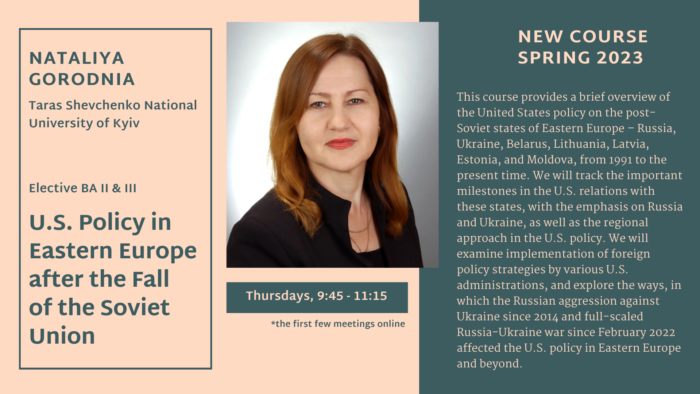
Prof. Nataliya Gorodnia is a Professor of history and a political scientist from Taras Shevchenko University of Kyiv. Currently, she is a Visiting Scholar at the University of Muenster (2022) and adjunct at University of Michigan (2023). Her research interests include U.S. foreign policy in a greater East Asia, regional processes in East Asia, and Ukraine in the world policy. At our Center, she will teach a BA II & III elective “U.S. Policy in Eastern Europe after the Fall of the Soviet Union.”
About the course
This course is divided into two modules: 1) U.S. policies on the post-Soviet states of Eastern Europe in 1991 – early 2014; 2) U.S. response to Russia’s aggression against Ukraine in 2014-2022, including current events. In the first module, we will briefly review developments in the U.S. relations with new Eastern European states (Russia, Ukraine, Belarus, Lithuania, Latvia, Estonia, and Moldova), which were founded after disintegration of the Soviet Union. We will seek to understand U.S. interests in relations with these states, and their place in American foreign policy during G. H. W. Bush (1989-1993), B. Clinton (1993-2001), G. W. Bush (2001-2009), and the first B. Obama administrations. The U.S. policies will be explored at the background of key developments in these nations and international relations, including expansion of NATO, 2004 and 2013-2014 revolutions in Ukraine, transformations in Russia’s domestic and foreign policies, and 2008 Russia’s war against Georgia. In the second module we will focus on U.S. response to Russia’s aggressive expansionist policy against Ukraine: annexation of the Crimea in March 2014 and hybrid war against Ukraine, including war at Donbas region, in spring 2014 – early 2022, and full-scaled war since February 24, 2022. We will explore and discuss the ways in which the U.S. responded to Russia’s aggression during B. Obama, D. Trump and J. Biden’s administrations. We will seek to understand implications of Russia’s aggression on the U.S. relations with Russia, Ukraine, Belarus, Lithuania, Latvia, Estonia, and Moldova, and on international relations in general.
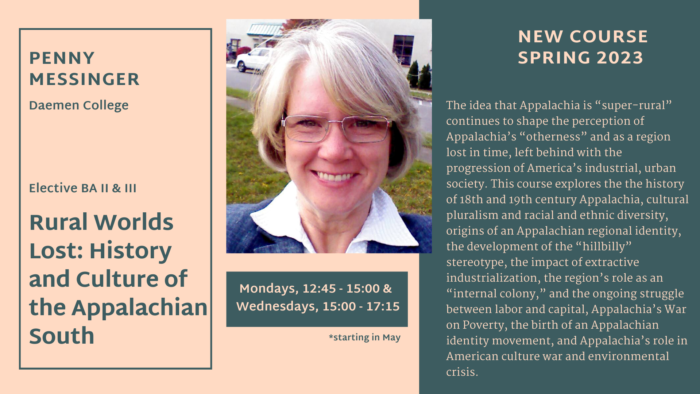
Prof. Penny Messinger is an Associate Professor and of History and the Department Chair at Daemen College, Buffalo. We are hosting her at the ASC within the Visiting Professor Exchange Program with Canisius and Daemen Colleges in Buffalo, NY. At Daemen College, Prof. Messinger teaches a range of classes in American history, women’s history, and women’s studies. Her academic research focuses on 20th century Appalachian history, the creation of Appalachian identity, and economic and cultural history. She is also an active member of the Appalachian Studies Association and the American Historical Association. At our Center, she will teach a BA II & III elective “x”
About the course
This course explores the history and culture of Central and Southern Appalachia, tracing the idea of Appalachia as a distinct region from the 18th century through the recent past. In colonial era, Appalachia was the „first frontier,” a border between the English colonies to the east and Indian country to the west. The mixing of cultures and races/ethnicities in early Appalachia, combined with ecological and economic patterns distinguishing the mountain areas of the South, set the stage for later understandings of regional distinctiveness. The rise of industrial, urban society in the 19th century highlighted the distinctivenss of Appalachia, which was dominated by a dispersed rural population who largely practiced subsistence agriculture. In the late 19th century, these differences shaped the idea of Appalachia as „other,” lost in time and left behind with the progression of American society. This idea was promoted by local color writers and reinforced in popular culture, and it accompanied the arrival of capitalist exploitation, especially the timber and mining industries.
Appalachia has always been more complex than stereotypes suggests. Students will be able to explore the basis for Appalachian stereotypes in conjunction with the region’s long tradition of resistance and persistence. Among the topics we will explore are the history of 19th century Appalachia; cultural pluralism and racial and ethnic diversity; origins of an Appalachian regional identity; the “discovery” of Appalachia in the late 1800s; the development of the “hillbilly” stereotype; the impact of extractive industrialization, the region’s role as an “internal colony,” and the ongoing struggle between labor and capital; Appalachia’s War on Poverty; the birth of an Appalachian identity movement; and the current role of Appalachia in American cultural politics and environmental destruction.
